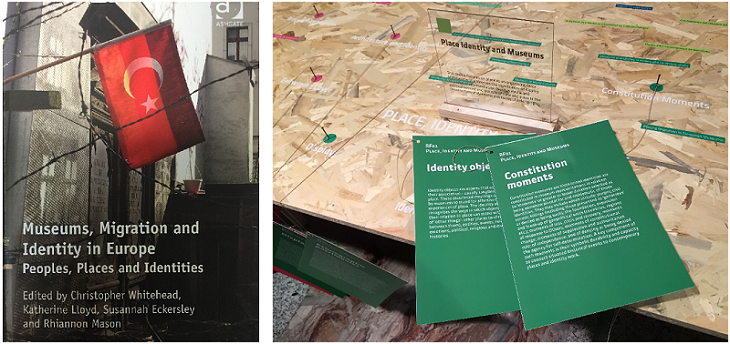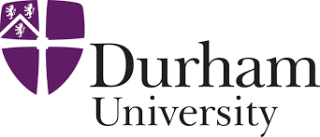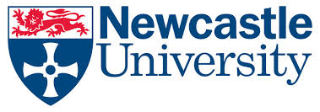European museums in an age of migration
Professor Chris Whitehead, Museum Studies, Newcastle University
The MeLa Project* brought together nine research institutions and museums from across Europe to investigate the role of museums in a twenty-first century Europe characterised by contemporary processes of globalization, mobility and migration. Funded by the European Commission Research and Innovation Fund, this project explored how migrations of people, cultures and ideas are made manifest in exhibition practices, and how exhibition practice in turn can help shape awareness of an inclusive European identity that will help facilitate mutual understanding and social cohesion.
From the outset, MeLa* was designed as a project with broad policy implications. It was intended to inform practitioners, experts and policymakers in the European Union and the museums community, and the project ultimately aims to enable museums both to interrogate and build democratic and inclusive European identities.
Professor Chris Whitehead from Media, Culture, Heritage at Newcastle University led Research Field 1, Museums & Identity in History and Today. Chris and his team examined the historical and contemporary relationships between museums, places and identities in Europe, and the effects of migrations on museum practices. Through in-depth ethnographic research they investigated how numerous European museums, but particularly in case studies including the National Museum of Scotland, the Amsterdam Museum, and the Silesian Museum in Görlitz, addressed issues of national and individual identity, colonialism, state-sponsored immigration, and border shifts. Through a combination of display analysis, interviews with staff, and audience focus groups, the team sought to understand how and why museums develop such exhibits, and how visitors, including those from migrant backgrounds, responded to them.

Images courtesy of Chris Whitehead
Their research showed that museums have a key role to play in fostering social cohesion and understanding by telling the stories of migrant communities and creating spaces for public debate on issues to do with migration and national identity.
This research has a number of important implications for museums and broader cultural policy across Europe, and is already informing policymakers. The team made their research available not only through academic publications, but also through publicly-available report which makes a number of recommendations about how museums can better realise this social potential. Members of the team consulted for Tyne and Wear Archives and Museums on the development of the Discovery Museum’s permanent exhibition on migration, ‘Destination Tyneside’, and are currently working on a digital installation exploring ideas of self and otherness for the gallery. They also provided advice to Amsterdam Museum on existing displays about migration and are currently working with the Manchester Museum to develop ideas about migration across different museum collections and displays. A number of further events are planned with museum practitioners and cultural policy makers in the UK in order to ensure that the research feeds into practice and policy.



